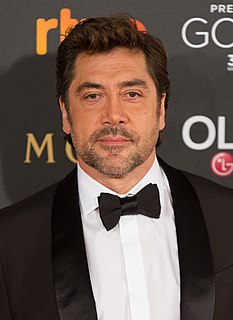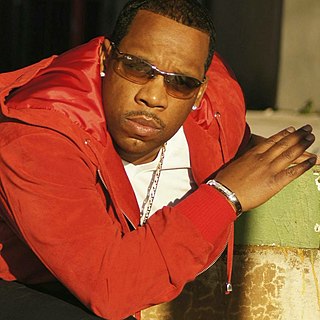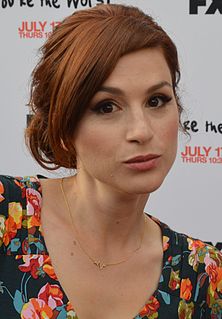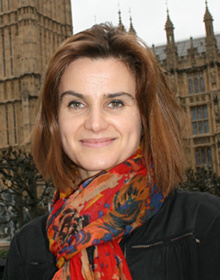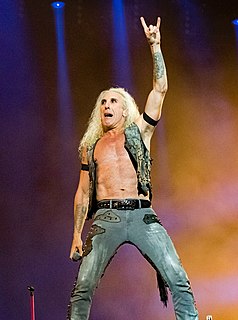A Quote by John C. Reilly
Oh, absolutely, it felt more serious than your typical job. One of the things that got us through how difficult the shooting actually was was that we are telling a real story.
Related Quotes
Well, let’s start with the maxim that the best writing is understated, meaning it’s not full of flourishes and semaphores and tap dancing and vocabulary dumps that get in the way of the story you are telling. Once you accept that, what are you left with? You are left with the story you are telling.
The story you are telling is only as good as the information in it: things you elicit, or things you observe, that make a narrative come alive; things that support your point not just through assertion, but through example; quotes that don’t just convey information, but also personality.
I don't think an actor needs to necessarily go through his things to do his job. I think it's way more important to imagine. And then, when you're imagining, your experiences, your images and your own personal things will show up, but you keep imagining. You don't get stuck in your own personal things, otherwise you are telling your story in every character, and that's not interesting for anybody.
Some of the justifiable critiques has been by - been so successful in telling this story, you know, there's a danger of saying, oh, well, you know, we don't need to worry about this because that's absolutely not the case. What [Hans] Rosling is doing is showing us an overall global trend, which in a sense tells us how bad things were - doesn't mean to say the problems are gone, doesn't mean to say they're any less.
I absolutely hated 'Gattaca.' I left the theater shaking my head because the science in the film was just terrible. No genetic test will ever tell you how many heartbeats you have left. No genetic test will ever be more accurate in telling an employer how well you'll do at a job than your performance at a past job would be.
For me, I try to look at a person's swagger and a little background on them if I already haven't liked them as a ballplayer. All you have to do in the way I am going at it is that I don't attack them like a typical commentator or a typical interview where I am trying to figure out what's your statistics or how you felt about last night? Those things. My things are more lifestyle oriented.
My summer jobs for three years were going to work in my dad's factory and earn a bit of pocket money. I absolutely loved it, and I think I learnt more there than I did at Cambridge, actually, in terms of how hard work is and how tough it is finding a job, keeping a job, managing a job and family and commitments outside of work.
When an acting teacher tells a student 'that wasn't honest work' or 'that didn't seem real,' what does this mean? In life, we are rarely 'truthful' or 'honest' or 'real'. And characters in plays are almost never 'truthful' or 'honest' or 'real'. What exactly do teachers even mean by these words? A more useful question is: What is the story the actor was telling in their work? An actor is always telling a story. We all are telling stories, all the time. Story: that is what it is all about.
It's like fiction - the fact that somebody's telling you a story about people who didn't exist doesn't make the experience of the story any less real in your heart and mind. You go through heavy emotional responses to these stories, and wrestling is a similar thing - but it's happening in real space.
Photojournalism is photography with more story telling. A single image can be amazing and dramatic. I started out shooting individual images, but I found I wanted to have more of a voice: to actually say something. I wanted to do something more personal over a long period of time, with more authorship.
In fiction the narrator is a performance of voice, and it can be any style of voice, but I'm interested in the ways that a voice that knows it's telling a story is actually telling a different story than it intends to. In the way that I can sit here and tell you what I had for breakfast, but I'm really telling you that I'm having an affair, something like that. And I don't think my writing is plain, but I think a lot of my characters are just talking. There is vulnerability there, in that we can start to see through them, we can start to see where they're deceiving themselves.
Harry Potter isn’t real? Oh no! Wait, wait, what do you mean by real? Is this video blog real? Am I real if you can see me and hear me, but only through the internet? Are you real if I can read your comment but I don’t know who you are or what your name is or where you’re from or what you look like or how old you are? I know all of those things about Harry Potter. Maybe Harry Potter’s real and you’re not.


